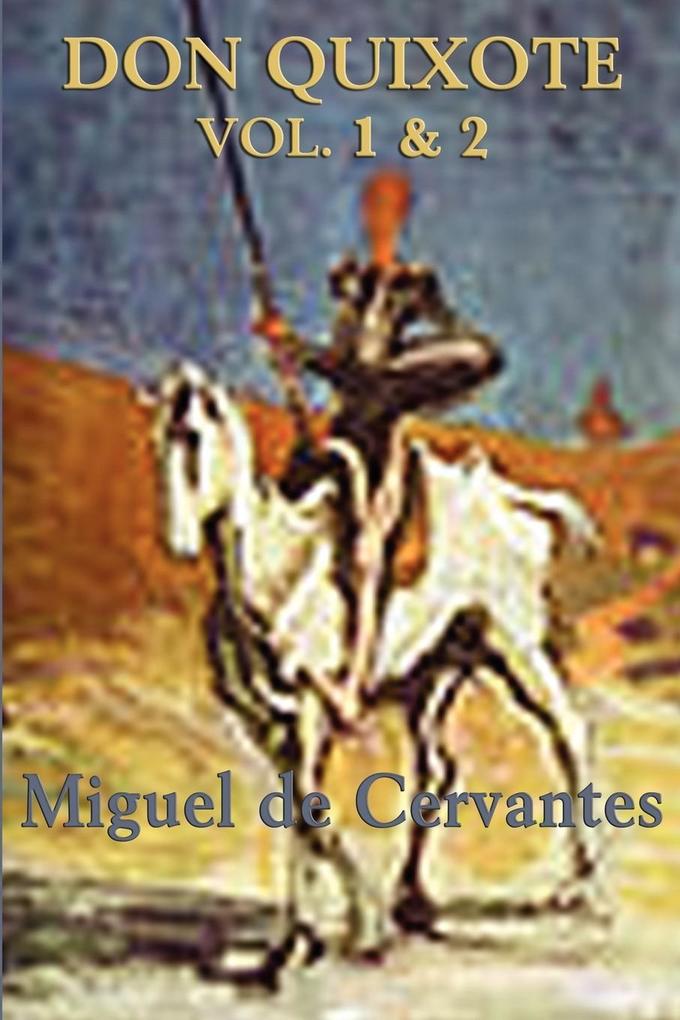Bücher versandkostenfrei*100 Tage RückgaberechtAbholung in der Wunschfiliale
Ihr Ostergeschenk: 15% Rabatt auf viele Sortimente11 mit dem Code OSTERN15
Jetzt einlösen
mehr erfahren
Zustellung: Fr, 11.04. - Di, 15.04.
Versand in 6 Tagen
VersandkostenfreiBestellen & in Filiale abholen:
Published in two volumes, but complete here, a decade apart, Don Quixote is considered the most influential work of literature from the Spanish Golden Age and the entire Spanish literary canon. As a founding work of modern Western literature, and one of the earliest canonical novels, it regularly appears high on lists of the greatest works of fiction ever published. In one such list, Don Quixote was cited as the "best literary work ever written".
Mehr aus dieser Reihe
Produktdetails
Erscheinungsdatum
24. Januar 2012
Sprache
englisch
Seitenanzahl
870
Reihe
AUK Revisited
Autor/Autorin
Miguel De Cervantes Saavedra
Verlag/Hersteller
Produktart
kartoniert
Gewicht
1385 g
Größe (L/B/H)
229/152/51 mm
ISBN
9781617206085














